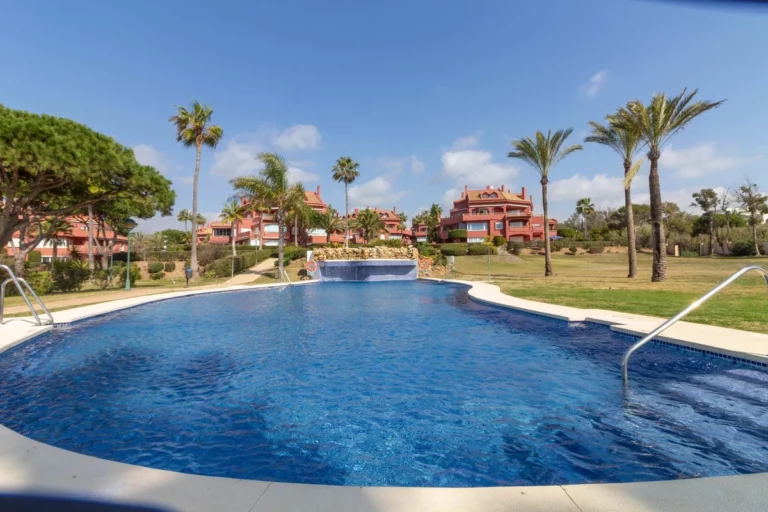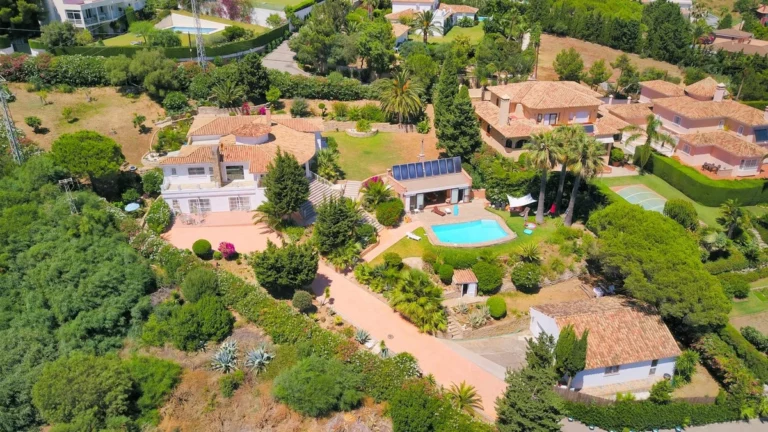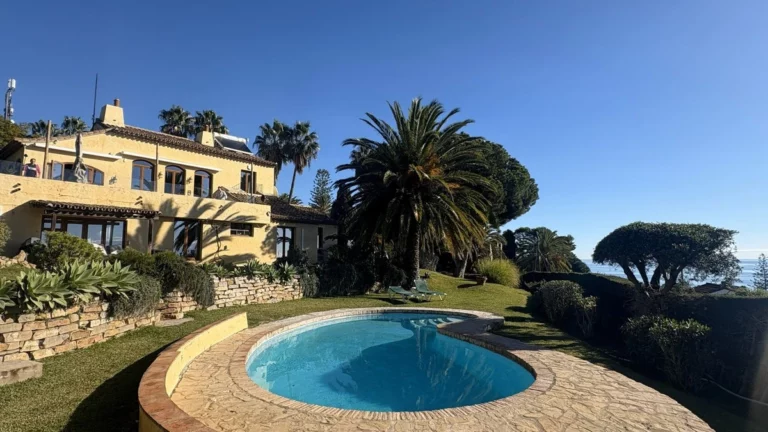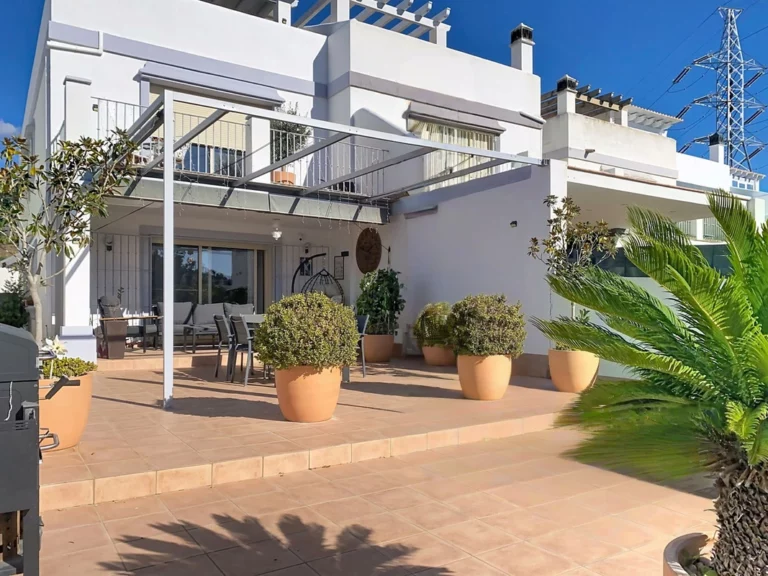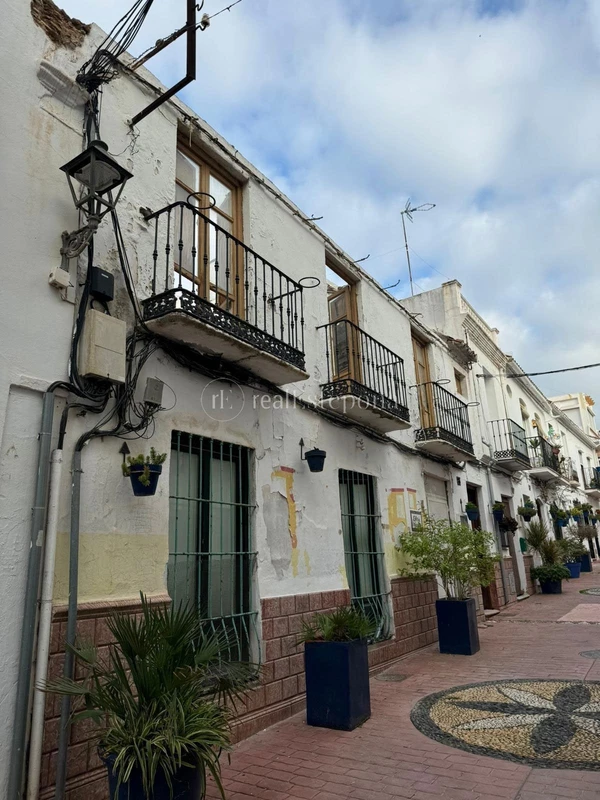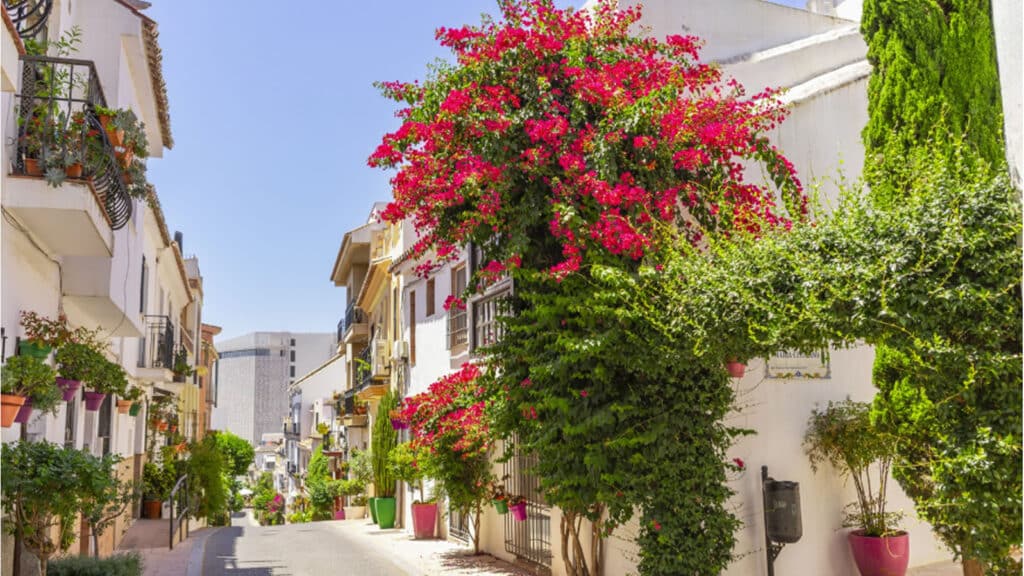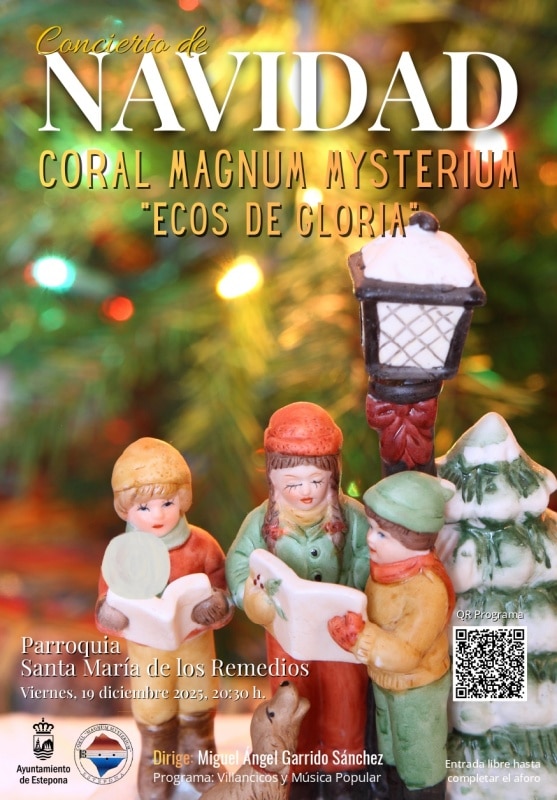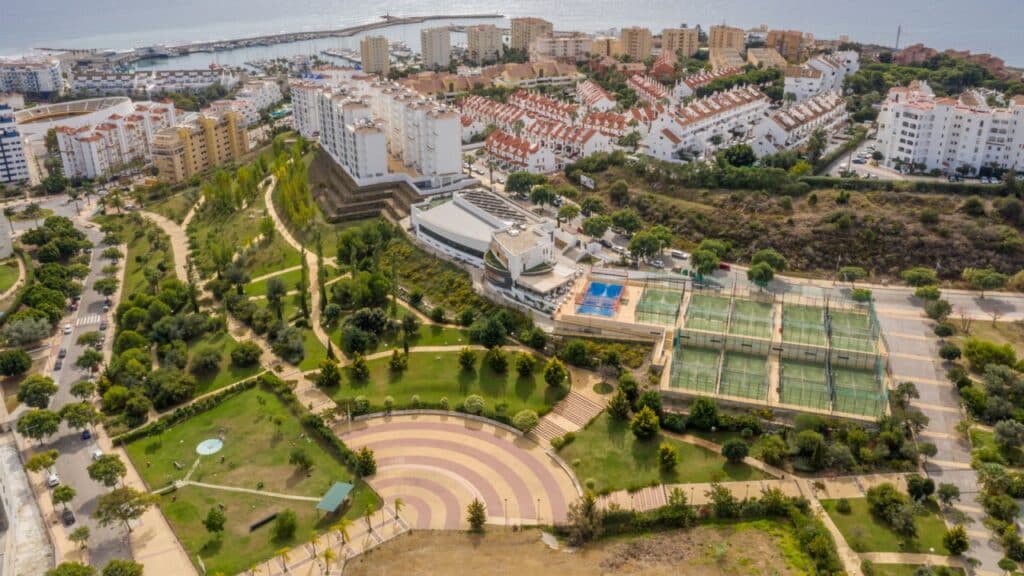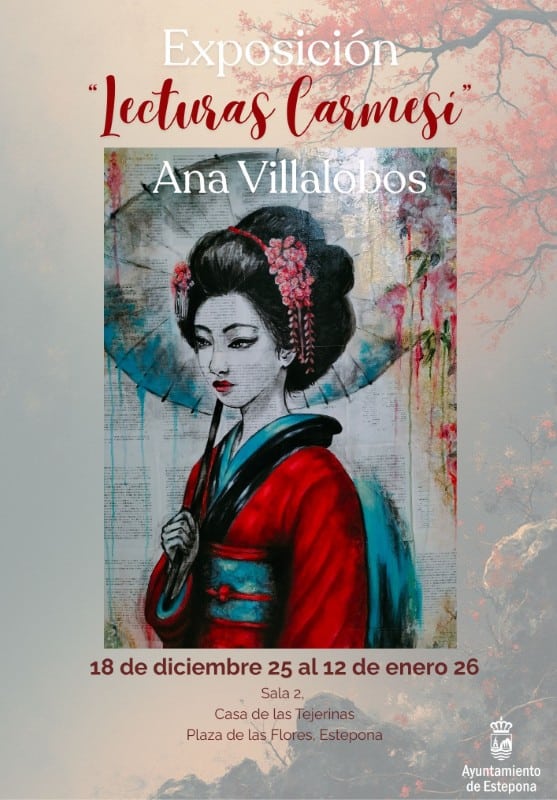The City Council organizes a Lyric Festival with the performance of the opera ‘The Magic Flute’ and the zarzuela ‘La Verbena de la Paloma’.
The company Teatro Lírico Andaluz will stage these two plays, under the direction of Pablo Prados, on July 19 and 20 at the Plaza del Ajedrez, with free access.
Estepona City Council informs that the Plaza del Ajedrez will host next July 19 and 20 the Lyric Festival ‘Ciudad de Estepona’, with the representation of the opera ‘The Magic Flute’ and the zarzuela ‘La Verbena de la Paloma’, so that citizens can enjoy free of charge these great works of the masters Wolfgang Amadeus Mozart and Tomás Bretón, respectively.
The works will be performed by the Malaga company Teatro Lírico Andaluz, under the direction of Pablo Prados, next Friday July 19 (the opera) and Saturday July 20 (the zarzuela), at 21.00 hours and with free access.
‘The Magic Flute’ (original title in German: Die Zauberflöte) is a ‘singspiel’ (German dramatic and musical composition) in two acts with music by Wolfgang Amadeus Mozart and libretto in German by Emanuel Schikaneder. An impressive overture introduces the listener to the fabulous world of ‘The Magic Flute’, set in an imaginary Egypt.
Wolfang Amadeus Mozart composed the music for this work in just three weeks, a few months before his death in 1971, after being commissioned by his friend Emanuel Schikaneder.
‘La Verbena de la Paloma’ is a lyrical sainete in prose with libretto by Ricardo de la Vega and music by Tomás Bretón.
This zarzuela in one act was premiered on February 17, 1894 at the Teatro Apolo in Madrid, and its title refers to the Madrid festivities of August, when the procession of the Virgen de la Paloma is celebrated.
It takes place in a popular neighborhood of the Villa y Corte of Madrid. The scene represents a street and in front of the spectator appear an apothecary’s shop, an apartment house with an open doorway, a buñolería and a tavern with tables outside. In the work appear characters as endearing and remembered as the chulapas, the sereno, the guards, the apothecary, or the tavern keeper, as well as others so characteristic of the old Madrid of the nineteenth century.

